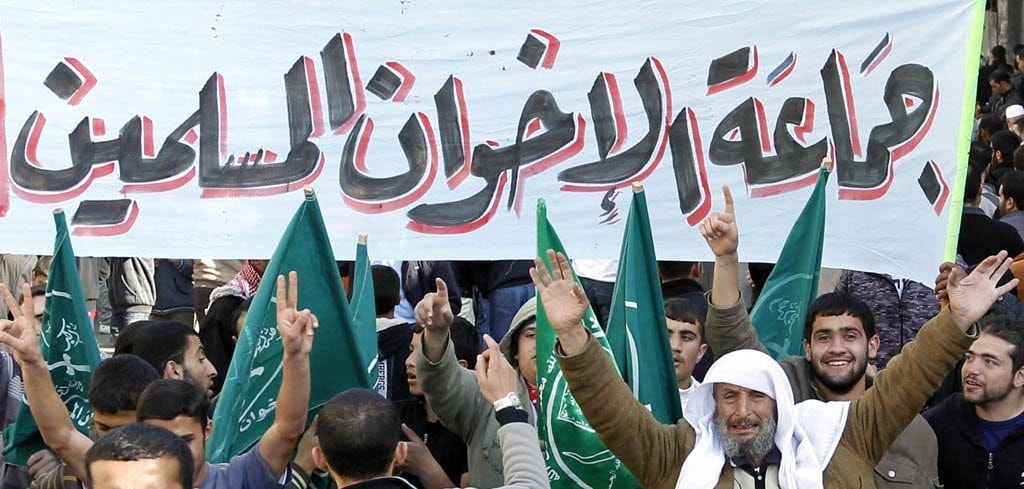Foreign Influence, Manufactured Panic, and the Politics of Fear
How Selective Outrage Over Foreign Donations Fuels Division While Canada’s Social Contract Frays
In June 2025, whispers began circulating that Qatar—a Gulf state better known for hosting the 2022 World Cup than meddling in Canadian affairs—was secretly funding Muslim groups allegedly tied to the Muslim Brotherhood. An Israeli think tank, echoed by a few North American academics, claimed that Canadian charities and student clubs were acting as ideological Trojan horses. Headlines followed fast: "Foreign Sponsors of Extremism?" "Are Our Universities at Risk?"
But take a step back. Strip away the sensationalism, and you don't find a credible threat—you see a familiar political tactic: stoke fear of the foreign "other" to distract from the chaos at home.
Why Now?
The cost of housing in Vancouver, Toronto, and even St. John's is soaring beyond reach. Emergency rooms are overwhelmed. Many Indigenous communities still lack clean drinking water, decades after solemn promises. Meanwhile, corporate profits surge, taxes on the ultra-wealthy fall, and the climate crisis accelerates.
Amid these realities, what's easier than pointing fingers overseas? Fear becomes a convenient cover for domestic failure.
That think tank report alleged Qatar was funneling money to Canadian groups like the Muslim Association of Canada (MAC), labeling them Brotherhood affiliates. But here's what the evidence actually shows: MAC has never been charged with criminal wrongdoing. In 2022, the Canada Revenue Agency investigated and closed the file.
So, what does MAC do? It mentors youth, supports food banks, and hosts civic engagement workshops. These are ordinary community services. When churches or synagogues perform similar work, no one questions the funding. But when a Gulf country legally donates—declared and documented—it's treated as subversive. That's not vigilance. That's a double standard.
To those who insist foreign influence is a legitimate threat to national security: Absolutely—foreign interference is real, and vigilance matters. But absolute security demands clarity, not caricature. Why is scrutiny so often reserved for Muslim charities, while foreign-owned oil companies influence environmental policy daily? Why are student scholarships from Qatar questioned, but not multimillion-dollar donations from U.S. libertarian think tanks? If democracy is under threat, let's defend it universally, not selectively. Anything less isn't patriotism—it's prejudice in disguise.
To those defending the scrutiny of foreign donations as a guard against extremism: Extremism must be confronted—no argument there. But let's be honest about where it lives. White nationalism, climate denialism, and anti-2SLGBTQ+ ideologies are thriving—and often domestically funded. Should we scrutinize foreign money? Yes. But equally, let's follow the funds propping up disinformation campaigns and far-right movements inside our borders.
Security isn't about singling out—it's about showing consistency. And to those who argue that fear is a necessary tool to galvanize political will: Fear is easy. And dangerous. It inflames but rarely informs. History shows us what happens when fear governs policymaking: rights are trampled, communities are surveilled, and democracy itself becomes brittle. The question shouldn't be, "Does fear work?" but rather, "Who benefits from it—and who suffers?" We don't need fear driving policy. We need truth. We need courage. And above all, we need solidarity.
What Real Security Looks Like
If the goal is transparency, let it apply to everyone, whether cheques come from mosques or mining conglomerates. But genuine safety doesn't come from scapegoating. It comes from meeting needs:
Build public housing, not tax shelters.
Hire nurses, not intelligence contractors.
Guarantee clean water, not secret watchlists.
None of these essentials will be delivered through manufactured panic.
Let's Stop Chasing Shadows
Selective scrutiny breeds suspicion. Suspicion breeds division. And division erodes democracy. Every charity, every donor, and every institution deserves the same rules and the same respect. That's not a weakness. That's fairness. So let's stop asking, "Who's sending money from abroad?" and start asking, "Who's holding this country together—and who's tearing it apart?"



